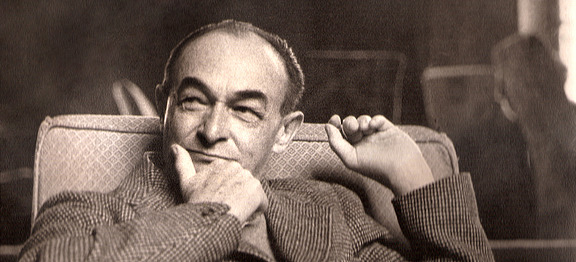Salem Prize
About
The Salem Prize was established in 1968 and named in honor of Raphaël Salem (1898-1963), a mathematician notably famous for his deep study of the links between Fourier series and number theory and for pioneering applications of probabilistic methods to these fields. He played an important role in the development of harmonic analysis in France. In particular his 1963 books, Algebraic Numbers and Fourier Analysis and Ensembles Parfaits et Séries Trigonométriques (the second one with Jean-Pierre Kahane), and his paper with Zygmund on random trigonometric series (Acta Math. 91 (1954), 245–301) have been very influential.
The Prize is given every year to a young mathematician who is judged to have done outstanding work on harmonic analysis and related topics. The very first Salem Prize jury consisted of Professors Jean-Pierre Kahane, Charles Pisot (as the president), and Antoni Zygmund, and the first recipient in 1968 was Dr. Nicholas Varopoulos.
The Prize is currently administered by the Institute for Advanced Study and chosen by a Scientific Committee constituted for this purpose. Winners are announced in December. They are invited to visit IAS and to give the Bourgain Lecture associated with the award of the Prize.
Eligibility
Nominees may be individuals from any country or institution. Preference will be given
to nominees who have received their Ph.D. in the last ten years, although this rule may be
relaxed if there are mitigating personal circumstances, or if there have been few Salem Prize winners in recent years.
Members of the Scientific or Oversight committee, as well as past Salem Prize winners, are not eligible for the Prize. If a nominee has a close connection with a Scientific Committee member, for instance due to being a former student or collaborator, this connection must be disclosed by that member to the rest of the Scientific Committee, who shall decide how to handle the nomination.
Nominations
Nominations are to be submitted through MathPrograms by September 1st for consideration in a given year. Nominations should include a CV of the nominee and a nomination letter explaining the significance of the nominee's work. Supplementary documentation, such as supporting letters of recommendation or key publications, can additionally be provided, but are not required.
